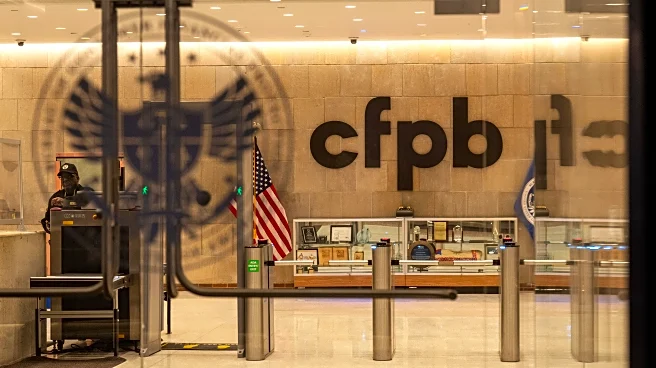Rapid Read • 8 min read
Target has announced the termination of its price-matching policy, which allowed customers to obtain the lowest prices by matching competitors' prices. The decision, effective July 28, aims to simplify Target's pricing strategy. While Target will continue to match prices between its online platform and retail stores, the move has sparked disappointment among customers who benefited from the policy. Ashley Dudarenok, a consumer research consultant, noted that the change removes a safety net for consumers, potentially driving price-sensitive shoppers to competitors like Walmart or Amazon. Target's decision comes amid declining sales and financial pressures, including missed revenue estimates and a reduced sales outlook.
AD
The end of Target's price-matching policy could significantly impact consumer behavior, particularly among price-sensitive shoppers who may turn to competitors for better deals. This decision is part of Target's broader strategy to address financial challenges, including tariffs on Chinese goods and consumer boycotts following changes to its diversity, equity, and inclusion policies. The move reflects Target's attempt to balance financial pressures with maintaining customer loyalty, especially as U.S. consumer spending declines. The company's ability to retain its loyal customer base, attracted by exclusive brands and in-store experiences, will be crucial in navigating these challenges.
Target faces the challenge of maintaining customer loyalty while addressing financial pressures. The company may need to explore alternative strategies to attract and retain customers, such as enhancing its in-store experience or offering exclusive products. Additionally, Target must navigate the potential backlash from its DEI policy changes and the broader economic environment, including tariffs and consumer spending trends. The company's future actions will likely focus on stabilizing its financial position and adapting to shifting consumer preferences.
Target's decision to end its price-matching policy highlights broader issues in the retail industry, such as the impact of tariffs and changing consumer expectations. The move also underscores the challenges companies face in balancing financial pressures with social responsibility initiatives, like DEI policies. As Target navigates these complexities, the retail industry may see shifts in pricing strategies and consumer loyalty dynamics, influencing long-term trends in shopping behavior and corporate policies.
AD
More Stories You Might Enjoy












